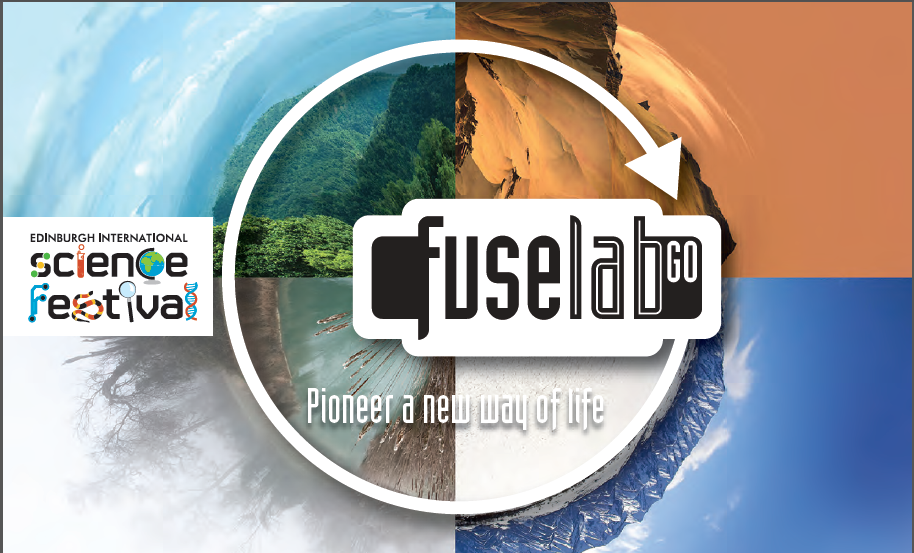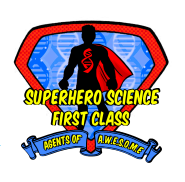Education Scotland held a series of conversation days with the Scottish education community throughout 2013/2014 to develop a shared, partnership approach to improving 3-18 science education. We also hosted a dedicated primary and early years science conversation day in August 2014.
One of the key themes to emerge was the importance of supporting learning and teaching of the sciences in the primary and early learning and childcare sectors, a theme also identified in the Sciences 3-18 Curriculum Impact Report.
- Education Scotland provides support for practitioners in a variety of ways which have been very positively received:
- Primary and Early Years Glow 365 site
- Glow meets: 900 participants
- Professional learning twilight events: 300 participants
- STEM Central website
- Giant Panda website, launched January 2015
In addition to this support, we are now looking to establish a National Primary and Early Years Science Network.
The purpose of this network is to create a cross-authority sharing practice group to:
- develop a common understanding of standards and progression in the sciences
- create a national model for moderation
- build capacity in understanding the sciences curriculum
- produce resources to support the planning, teaching, assessment and moderation of the sciences curriculum within the Broad General Education.
To contribute effectively to the national network we are looking for individuals with skills and expertise across the following areas:
- excellent knowledge of CfE and the sciences curriculum and contributes to its development and implementation
- experience of leading and/or contributing to effective change, development and improvement in sciences education at local and/or national level
- proven experience of planning and delivery of high quality learning experiences for children and young people
- excellent written communication and IT skills
- knowledge of current thinking regarding pedagogy and assessment methodology
Individuals should ideally be an early learning and childcare/primary practitioner, school or setting leader, network leader or development officer. We are seeking an appropriate balance of representation from the early learning childcare and primary sectors.
The network will be launched at a two day residential event at the Thistle Hotel, Cambridge Street, Glasgow on Monday 1st / Tuesday 2nd June. Accommodation costs will be provided for those opting to stay overnight but unfortunately cover and transport costs cannot be provided.
To register your interest please contact either your Local Authority Science QIO/Coordinator or Louise Morton, Development Officer Primary Science and STEM Louise.morton@educationScotland.gsi.gov.uk
Representatives should also complete the online registration form at: https://www.surveymonkey.com/s/8899KFC
It is anticipated that the network will meet a further two times through to March 2016. These will be one-day events.







